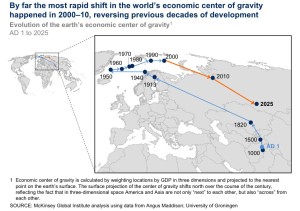In the old days, if you were a teacher and fancied a training course at the EU’s expense all you needed to do was leaf through the course database and persuade your boss to do without you for a week.
Now it’s not so simple and staff development funding like this has to be part of an institutional internationalisation or Europeanisation plan. And that involves far more than promising to disseminate what you learned at the next staff meeting. In fact, sending a couple of teachers on a course toTurkey should not be the main part of any internationalisation plan.
So what is internationalisation?
- It is not an add-on which increases the workload of a reform-weary staff.
- It is not about a couple of staff attending a course in a sunny part of Europe.
- It is not necessarily even about Europe.
- It is not necessarily mainly about travel
So what is it?
At heart, internationalisation is about increasing the quality of learning through widening your horizons.
- It’s about taking a global perspective in all corners of the curriculum; not just languages and geography.
- It’s about making use of the globalisation that is already in the classroom and local area, so-called ‘Internationalisation at home’
learners with foreign backgrounds
learners’ parents with foreign backgrounds
local organisations with global connections
- It can also be about sending staff not just on courses but also on work-shadowing to bring back new perspectives for better pedagogy.
- It can also be about giving learners new perspectives through exchanges and work experience.
- In a Europe where already 1 in 7 jobs are trade-related, it is about giving learners a more holistic experience of the world so that they better understand where they fit into it.
There are so many different possibilities that it makes sense to have a comprehensive plan for internationalisation building over time rather than approaching it piecemeal, one course at a time. And the map below shows that it might be a good idea to have a perspective that extends beyond Europe as the focus of economic activity shifts rapidly Eastwards in the world.
In fact, you should probably have an internationalisation plan even if you don’t plan to apply for EU funding and even if you are not in the EU.
 Ideas for this and the next few posts generated by attending a conference day on internationalising educational institutions offered by the Danish National Agency for the EU.
Ideas for this and the next few posts generated by attending a conference day on internationalising educational institutions offered by the Danish National Agency for the EU.